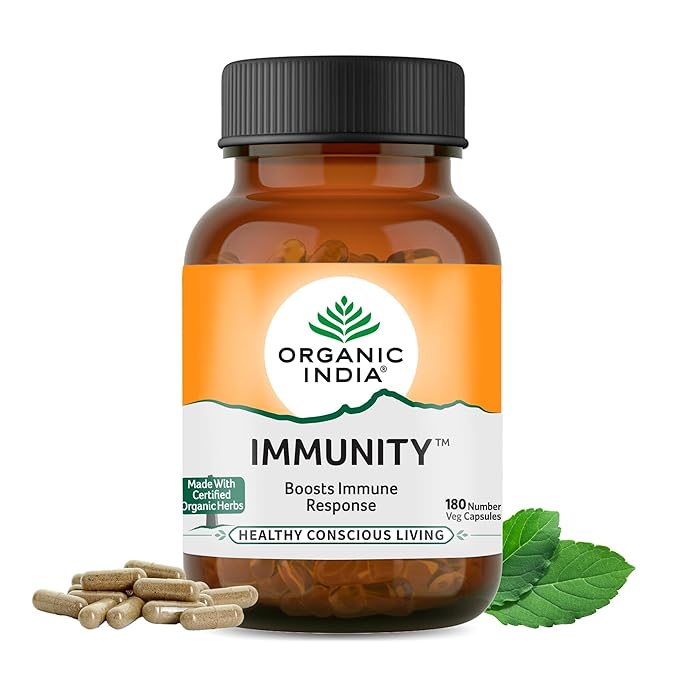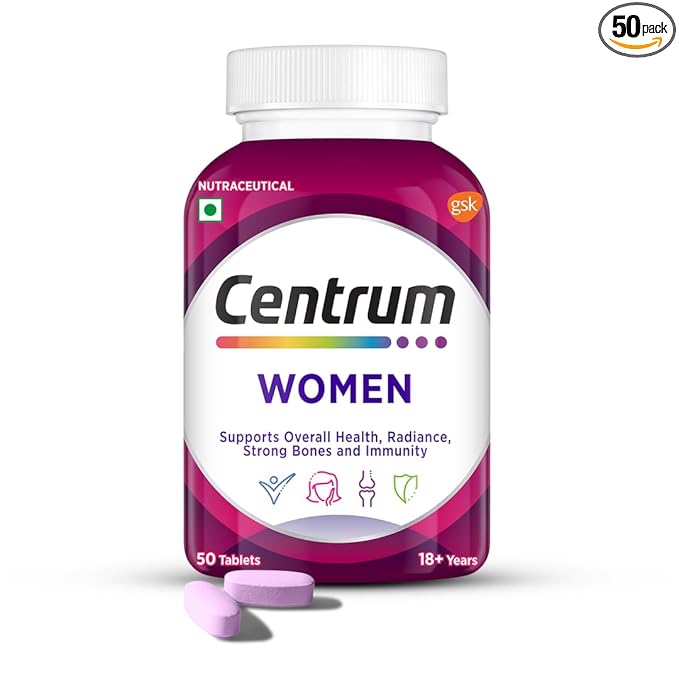A strong immune system is our body’s best defense against infections, chronic illnesses, and seasonal flu. To maintain optimal health and resilience, incorporating specific immunity-boosting foods into our diet is essential. We’ve curated the most effective, science-backed foods to boost immunity function, rich in antioxidants, vitamins, minerals, and bioactive compounds.
Citrus Fruits: Vitamin C Powerhouses for Immunity
Citrus fruits such as oranges, grapefruits, lemons, and limes are loaded with vitamin C, a potent antioxidant known to support immune cell function, enhance white blood cell activity, and reduce inflammation.
Benefits:
- Promotes production of lymphocytes and phagocytes.
- Shortens the duration of common colds.
- Neutralizes free radicals to prevent cellular damage.
Daily Intake Tip: Include at least one citrus fruit in your morning routine to maintain adequate vitamin C levels daily.
Cruciferous Vegetables: Cellular Immunity Enhancers
Vegetables like broccoli, Brussels sprouts, and cauliflower are high in vitamins A, C, and E, along with powerful antioxidants and fiber.
Why They’re Crucial:
- Sulforaphane, found in broccoli, activates detoxifying enzymes.
- Rich in glutathione, the master antioxidant that supports immune cell activity.
Pro Tip: Lightly steam to retain nutrient content and maximize immune benefits.
Read Also: Best Superfoods for Health Boost Immunity & Energy Naturally
Garlic: Nature’s Antibiotic
Garlic contains allicin, a sulfur-containing compound that exhibits antimicrobial, antiviral, and anti-inflammatory properties.
Clinical Findings:
- Boosts response of white blood cells against viruses.
- Regular intake may reduce cold incidence by up to 63%.
Best Use: Consume raw or crushed garlic within minutes of activation for best potency.
Berries: Antioxidant Superfoods for Immunity
Berries like blueberries, strawberries, and blackberries are rich in flavonoids and vitamin C, crucial for protecting the immune system from oxidative stress.
Key Benefits:
- Polyphenols in berries modulate inflammation.
- Improve gut microbiota which is closely linked to immune health.
Snack Smart: Add a handful of mixed berries to oatmeal, smoothies, or yogurt bowls.
Fatty Fish: Omega-3s and Immune Balance
Salmon, mackerel, sardines, and tuna are rich in omega-3 fatty acids, essential for reducing chronic inflammation and enhancing the function of immune boosting foods cells.
Scientific Backing:
- EPA and DHA help modulate white blood cell activity.
- Omega-3s increase production of resolvins that control inflammatory responses.
Serving Suggestion: Two servings of oily fish per week is optimal for immune support.

Green Tea: Antiviral and Antioxidant Shield
Green tea is packed with epigallocatechin gallate (EGCG), a powerful antioxidant that enhances immune cell function and fights off pathogens.
Immune-Boosting Effects:
- EGCG enhances regulatory T cells.
- Contains L-theanine which supports production of germ-fighting compounds in T-cells.
Sip Strategy: Drink 2–3 cups daily for maximum immune system benefits.

Medicinal Mushrooms: Natural Immune Modulators
Reishi, shiitake, maitake, and cordyceps mushrooms are revered in traditional medicine for their beta-glucan content that stimulates the immune system.
Benefits Include:
- Enhances macrophage and NK cell activity.
- Reduces stress-related immune suppression.
Use: Add to soups, stews, or take as a powder supplement under guidance.
Nuts and Seeds: Zinc and Vitamin E Boost
Almonds, sunflower seeds, and walnuts provide vitamin E, zinc, and selenium—critical micronutrients for immune function.
Why Important:
- Zinc is essential for development and communication of immune cells.
- Vitamin E protects immune cells from oxidative damage.
Serving Tip: A small handful of mixed seeds and nuts daily goes a long way.
Eggs: Nutrient-Dense Immunity Fuel
Eggs offer protein, selenium, vitamin D, and choline—key contributors to immune health and cellular repair.
Key Benefits:
- Vitamin D regulates immune response.
- Choline supports structural integrity of cell membranes.
Daily Tip: Include eggs as a balanced breakfast protein source.
Carrots and Sweet Potatoes: Beta-Carotene for Immune Defense
These colorful vegetables are rich in beta-carotene, which the body converts into vitamin A—a crucial nutrient for maintaining mucous barriers and respiratory health.
Immune Support Role:
- Enhances T-cell function.
- Maintains integrity of skin and gut linings—the first line of immune defense.
Best Consumption: Roasted, steamed, or in smoothies for a delicious immune boost.
Dark Chocolate: Immune-Boosting Treat
Rich in theobromine and antioxidants, dark chocolate can help strengthen the immune system when consumed in moderation.
Why It Works:
- Reduces inflammation and oxidative stress.
- Contains zinc and iron, important for immune cell production.
Moderation Key: Choose 70%+ cocoa content and limit to 1-2 small squares daily.
Summary: Daily Immune Boosting Meal Plan
| Meal | Food Suggestions |
| Breakfast | Green tea + boiled eggs + citrus fruit |
| Snack | Handful of berries and almonds |
| Lunch | Grilled salmon + steamed broccoli + sweet potato |
| Evening | Garlic-laced mushroom soup + green tea |
| Dinner | Stir-fried tofu with vegetables + brown rice |
| Dessert | 1 square of dark chocolate |
Final Thoughts on Strengthening Your Immune System Through Nutrition
To naturally enhance immune performance and prevent illnesses, we must nourish our bodies with immune-optimizing foods consistently. From antioxidant-rich fruits to anti-inflammatory omega-3s and gut-supportive fibers, every ingredient counts. Pair this diet with sufficient hydration, sleep, and physical activity for optimal results.
Staying proactive with our nutrition for immune system” is the smartest shield against seasonal and chronic health threats. Let food be your medicine—your immune system will thank you.
Frequently Asked Questions
The most effective nutrients for immune support include:
Vitamin C (found in citrus fruits, bell peppers)
Vitamin D (eggs, fatty fish, sunlight)
Vitamin E (almonds, sunflower seeds)
Zinc (seeds, legumes, dark chocolate)
Selenium (mushrooms, sunflower seeds)
Omega-3 fatty acids (fatty fish, chia seeds)
While food plays a major role, immunity is also affected by sleep, exercise, hydration, stress levels, and lifestyle habits. A balanced diet paired with healthy habits creates the strongest defense.
Daily. Incorporating at least 4–6 immune-boosting foods into your regular meals ensures that your body gets a consistent supply of key nutrients for optimal immune function.
Yes. While vitamin C is water-soluble and excess is excreted, over 2,000 mg per day may cause stomach upset, diarrhea, or kidney stones. Stick to dietary sources unless advised by a doctor.
Absolutely. Probiotics from yogurt, fermented foods, and supplements improve gut flora, which is directly connected to immune system strength. A healthy gut supports proper immune responses and reduces inflammation.
- Best foods for immunity
- Foods that boost the immune system
- foods to boost immunity
- Healthy foods to boost immunity
- How to strengthen immune system
- Immune boosting foods for adults
- Immune system booster foods
- Immunity boosting foods
- Natural immune boosters
- Natural ways to support immune health
- Superfoods for immune system
- What to eat to boost immunity naturally
















